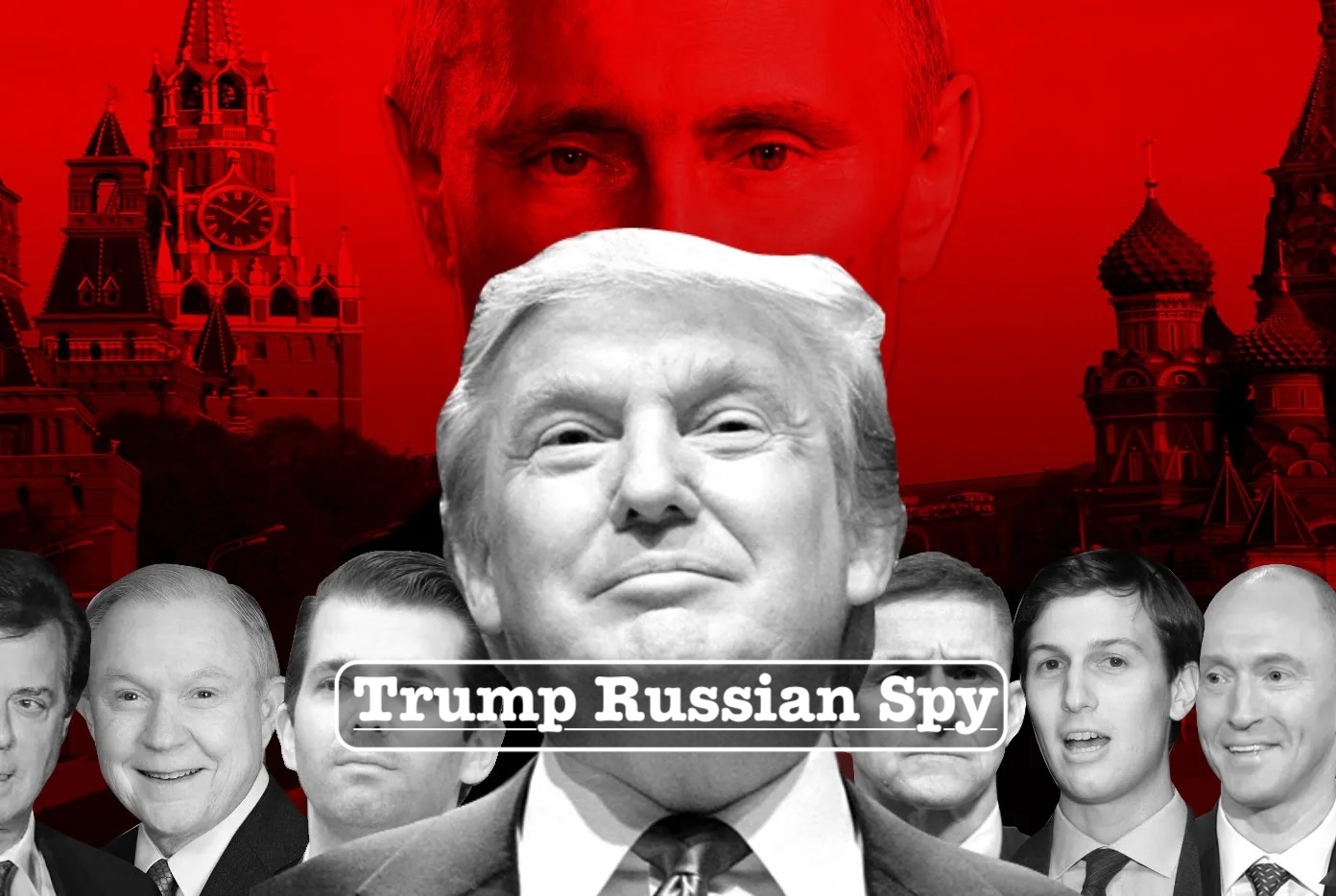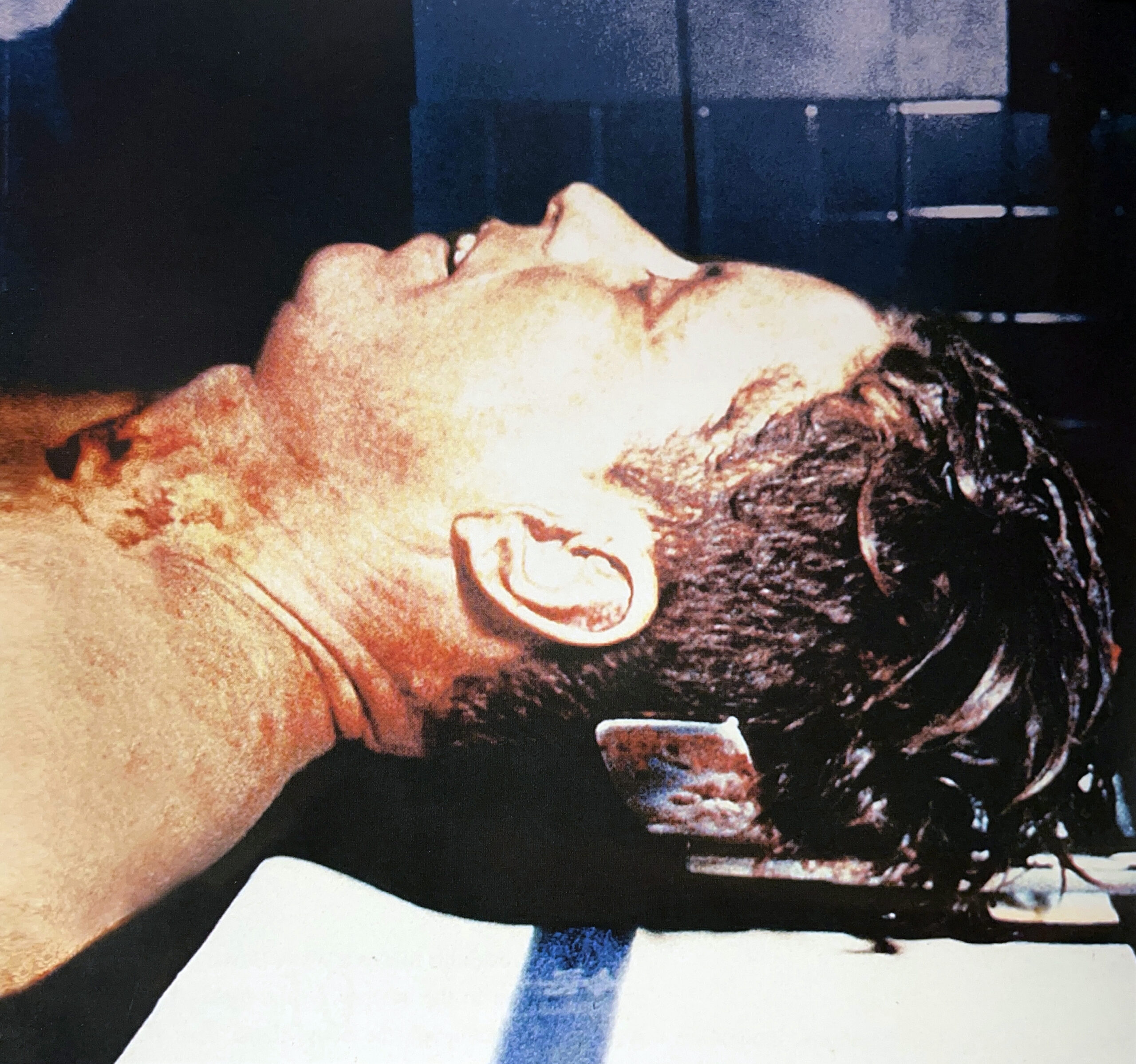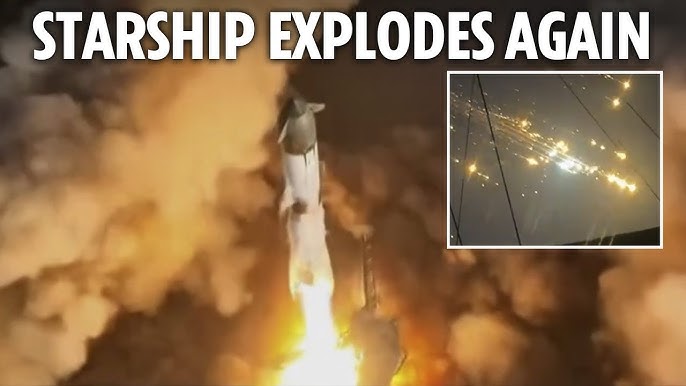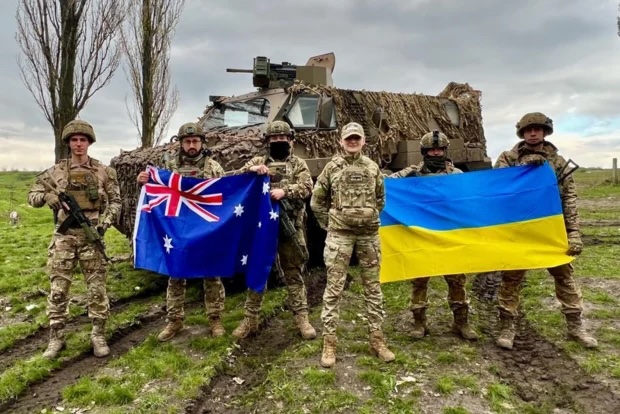The question of whether Donald Trump had ties to Russia has been a topic of speculation and investigation for years. From his first visit to Moscow in 1987 to the allegations in the Steele dossier, the connections between Trump and Russian operatives have raised eyebrows. But how deep do these ties go? Let’s explore the history and potential implications.
The 1984 Soviet Strategy: Targeting Influential Americans
In 1984, General Vladimir Alexandrovich Kryuchkov, head of the KGB’s First Chief Directorate, was focused on improving agent recruitment. The KGB, under Kryuchkov’s leadership, aimed to cultivate influential Americans who could “actively influence” US foreign policy in favor of the USSR. The strategy included targeting prominent figures in business and politics, using tactics such as flattery, financial incentives, and, where possible, kompromat.

The Early Interest in Trump
Trump’s name allegedly first came up on the KGB’s radar when he married Ivana Zelnickova in 1977. Zelnickova was a model from Czechoslovakia, a country under Soviet influence, which might have prompted surveillance by Czech intelligence services and possibly the KGB. The couple’s interactions were reportedly monitored, and Ivana’s communications with her father, who had informal ties with Czech secret police, were reviewed.
Moscow’s Invitation: Trump’s 1987 Visit
Trump’s first documented visit to Moscow in 1987 was arranged by Yuri Dubinin, the Soviet ambassador to the United States, who reportedly charmed Trump by praising his Trump Tower in New York City. The visit included tours of potential hotel sites near Red Square. According to the former GRU spy Viktor Suvorov, these visits were often elaborate recruitment operations, complete with lavish hospitality and hidden surveillance.

KGB’s Recruitment Techniques: Was Trump a Target?
According to Comrade Kryuchkov’s Instructions, the KGB was instructed to seek out “confidential contacts” among prominent Western figures. These were individuals who could potentially become agents or at least provide valuable political intelligence. The KGB’s profile on Trump might have included not only his business dealings but also his personal habits, with a focus on potential vulnerabilities.
The Steele Dossier: A Continuation of the Relationship?
The controversial Steele dossier, compiled by former British intelligence officer Christopher Steele, alleged that Russia had been cultivating Trump for “at least five years” before his 2016 presidential election victory. This claim aligns with earlier evidence of Soviet interest in Trump, suggesting a long-term strategy.
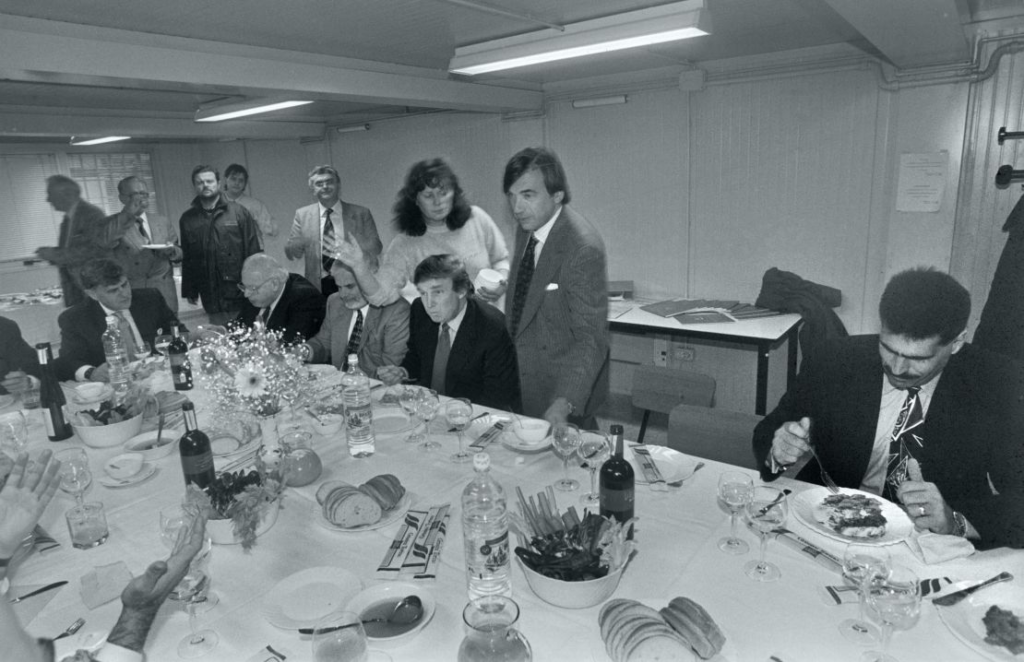
The KGB’s Influence Strategy
The KGB had a clear goal: to influence American policy through “unofficial contacts” who might not even be fully aware of their role. The Russian term for this was doveritelnaya svyaz, a trusted connection who could be nudged into pro-Russian positions. Whether Trump fit this profile remains a matter of debate, but the tactics described align closely with how his 1987 visit was orchestrated.
What Could It Mean for US-Russia Relations?
If Trump was indeed cultivated by Russian operatives, this could explain his favorable rhetoric towards Russia and Vladimir Putin. It also raises questions about his foreign policy decisions during his presidency, including his reluctance to criticize Russia and his efforts to improve relations with Moscow.
Conclusion: A Story Still Unfolding
The connections between Donald Trump and Russia are layered and complex, blending history, speculation, and political intrigue. Whether these ties are the result of a KGB strategy from the 1980s or mere coincidence, the story continues to influence American politics and international relations. As more information surfaces, the truth about Trump’s Russian connections might finally come to light, answering the question: Was Trump a cultivated “contact” for Russia, or simply a businessman with international ambitions?


